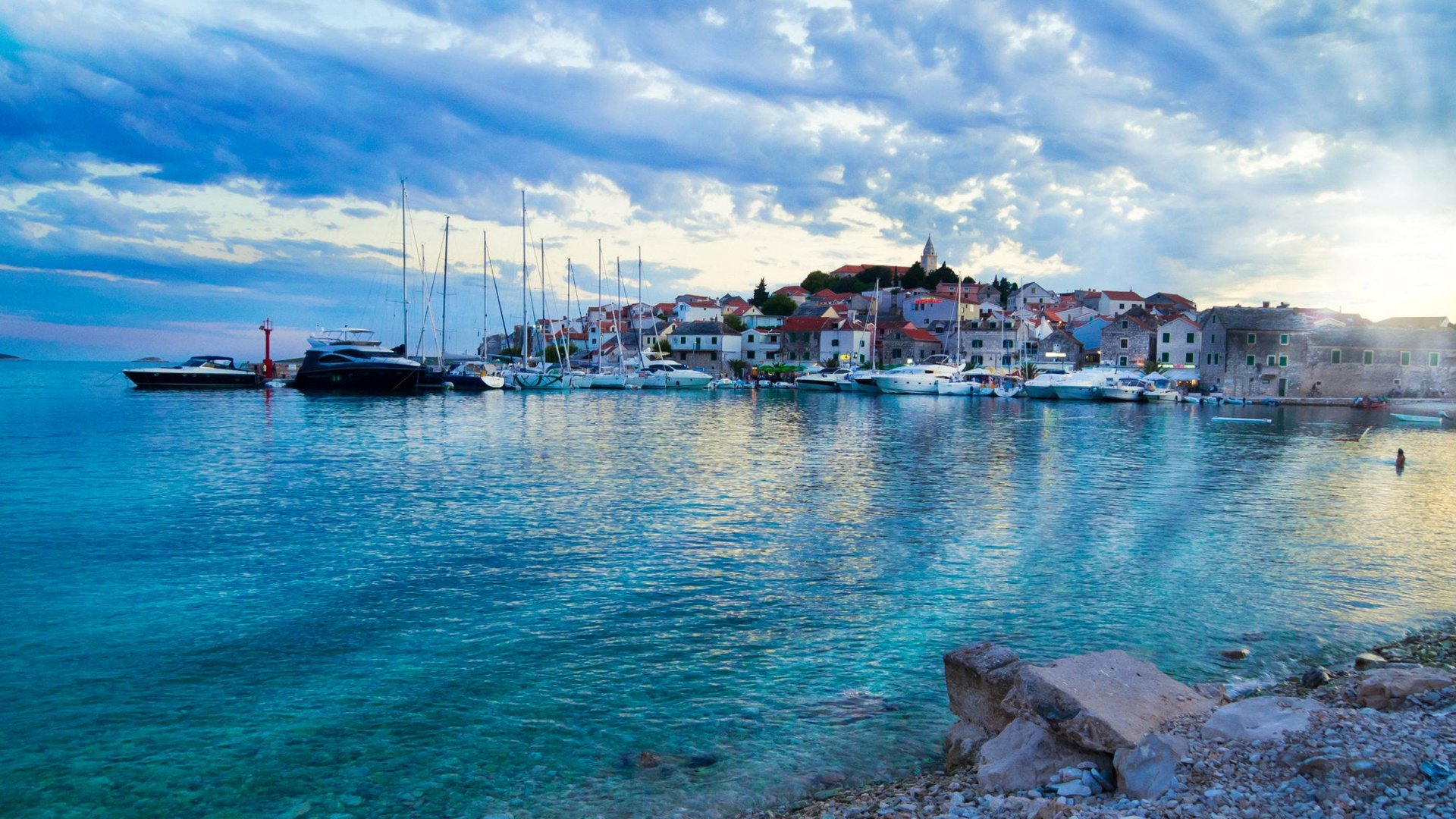Croatia’s next crisis: Its economy is officially junk
Prominent Croatian economists are calling for an about turn in the state’s economic policy after the country landed a dismal credit rating. Croatia had already been hard hit by the economic recession, with external debt and unemployment sky high and GDP falling, when it received news on Dec. 14 that credit agency Standard and Poor’s had downgraded its sovereign debt credit rating from BB+ to BB-. This is the highest non-investment level, landing Croatia on the same junk pile as Greece and Portugal have found themselves previously.


Prominent Croatian economists are calling for an about turn in the state’s economic policy after the country landed a dismal credit rating. Croatia had already been hard hit by the economic recession, with external debt and unemployment sky high and GDP falling, when it received news on Dec. 14 that credit agency Standard and Poor’s had downgraded its sovereign debt credit rating from BB+ to BB-. This is the highest non-investment level, landing Croatia on the same junk pile as Greece and Portugal have found themselves previously.
Twenty years after the Croatian War of Independence, neoliberal economic policies that promised a transition from the dark days of socialism to a free-market and capitalist paradise, don’t seem to be working, at least not for the majority of impoverished Croatians. Today, the country is heavily deindustralised with no strategic industry that can be protected or saved—everything is to be sold since the state has no resources to manage its remaining assets.
The latest assigning of junk status has prompted highly regarded analysts to wonder if the country would not be better served returning to a policy direction that is more socialist in slant. They have warned that the model of neoliberal economics that has been imposed for the last 15 years is now leading the country from a recession to long-term economic depression.
The downgrade was as a result of the inefficiency of reforms implemented by the government:“We believe that the government’s fiscal resolve has weakened, leaving structural budgetary weaknesses, such as high personnel and social expenditures, which together make up just under three-quarters of central government spending, unaddressed.” According to the agency, since 2009 the Croatian economy has been either in recession or stagnant and it will continue in this vein in 2013. GDP has fallen for the fourth quarter in a row, external debt totals over 100% of GDP while industrial production continues to slide and public investments are shrinking. Unemployment is still on the rise, with 20.4% out of work, according to the Croatian Bureau of Statistics. And, a government focus on bringing in foreign investments has not materialized.
Though local analysts called the downgrade “catastrophic,” the response from Prime Minister Zoran Milanović has been more subdued. His Social Democratic party (the biggest partner in the ruling coalition)—often criticized by political analysts for policies that threaten the social safety net and aim at commercialization of education and health—has taken a previously unseen leftist stance. It has claimed that the downgrade was expected since the government was determined to avoid cuts in pensions, public-sector wages and social benefits.
The government did not “cut left and right,” which Milanović said investment agencies expected of all governments. He said, “Those are the structural reforms some agencies are thinking about. We aren’t.” Milanović’s statement came off more as political spin intended to reposition itself on “the people’s” side, rather than a genuine new direction in policy making, especially since the government has already announced the changes in labor law that will decrease workers’ rights and the continuation of austerity measures.
Despite the government’s subdued sentiments, independent economists have called against against austerity measures, warning of a further increase in unemployment and decrease in economic growth if the country’s policies do not change direction. Political analyst Mislav Žitko (Centre for Labor Studies, Zagreb) explains in an interview that the weaknesses of the current economic policy lie in its lack of strategy for industrial development and the passive role of the Croatian National Bank (CNB). “The CNB was unable to implement timely measures…to protect the most vulnerable segments of the population from the negative effects of credit expansion,” said Žitko.
Prominent economist Dubravko Radošević (Institute of Economics, Zagreb) says in the political weekly Novosti (Croation), that the radical cuts in public spending—the continuation of deflation politics (based on preserving monetary stability) and changes in the labor market (that allow for more layoffs and salary cuts), in compliance with the recommendation of credit rating agencies, or even an Euro bailout program—are the least desirable scenarios. Instead, Radošević proposes a model already successfully implemented in Iceland, Poland and Turkey, which includes a new monetary strategy targeting employment and public investment to stimulate growth.
But these calls have fallen on deaf ears, it seems: The Governor of the Croatian National Bank and state economists have called the dissenting economists a “rebel group” for economic redesign (Croation) with all the attributes of a retro and socialist style.
In the meantime, the downgrade has only confirmed what most Croatians already experience everyday. Pensioners are living in poverty, while youngsters are sharing advice on how to escape the country; the Facebook group “Let’s Leave Croatia” has close to 50, 000 followers. The middle class continues to dwindle to less than one-fifth of the population, completing a trend that started with the war beginning in the 1990s.
But there is no sign that there will be a change in government policy or in the lives of ordinary citizens in the near future. Croatia might have to hit rock-bottom before it produces a broader social consensus or radically changes its economic policy direction.